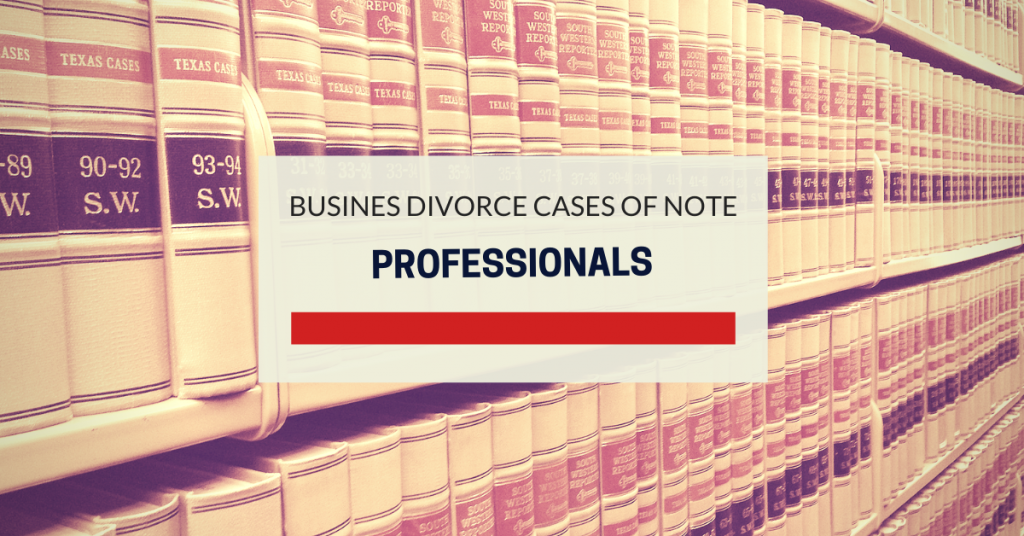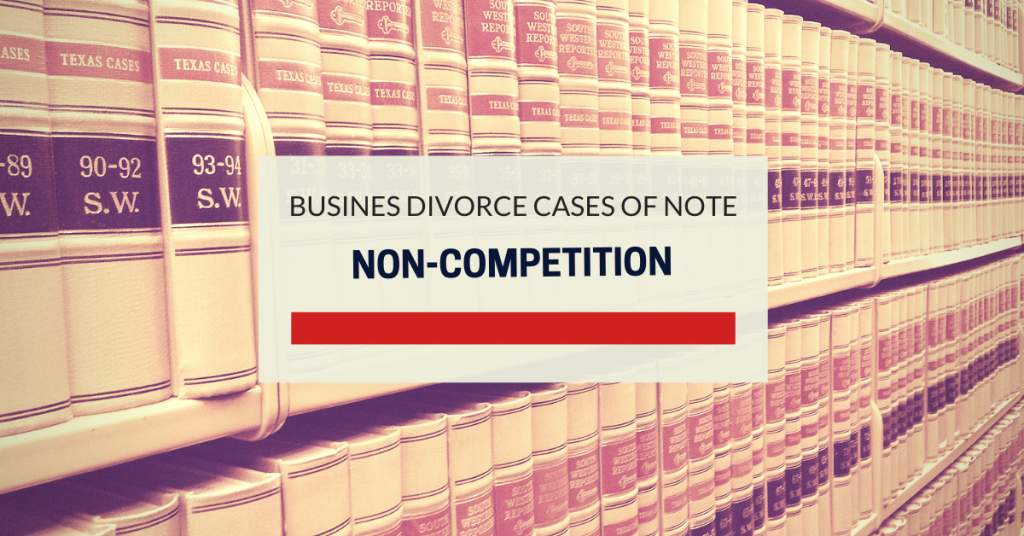-
A restrictive covenant that is in force during a vesting period for securities granted as part of an employee incentive program may present an issue for enforcement, if not tied to to the protection of an employer’s legitimate interest.
-
A court considering a preliminary injunction request blue-penciled the duration of a covenant not to compete or solicit customers to base the time period on termination, not the vesting period for stocks and options sought by the former employer.
-
The duration of a restrictive covenant may not be reasonable if the duration is not tied to the former employer’s protection of a legitimate interest.
Restrictive covenants that were tied to the vesting and exercise schedules pf securities awarded through United Healthcare’s employee incentive programs were not reasonable, a federal court held recently. The court then limited the duration of the time when a former employee would be restricted from competing with or soliciting the company’s customers.
The case involved a former executive, Jeffrey Corzine, who worked in strategic marketing for United in its program offered as an option in Ohio’s Medicare program. Corzine was terminated by United in a corporate reorganization and then went to work for a competitor, Humana, Inc., during the time that both companies were competing under a Request for Applications (RFA) for contracted Medicare services. The case was before a federal district judge on United’s application to secure a preliminary injunction. Continue reading







 shares.
shares.
 The trial court construed Louros agreements with United that and restricted him from:“[e]ngag[ing] in or participat[ing] in any activity that competes, directly or indirectly, with any Company activity, product, or service that [Louro] engaged in, participated in, or had Confidential Information about during [Louro’s] last 36 months of employment with the Company” or assist anyone in any of those activities for one year after Louro’s termination of employment.”
The trial court construed Louros agreements with United that and restricted him from:“[e]ngag[ing] in or participat[ing] in any activity that competes, directly or indirectly, with any Company activity, product, or service that [Louro] engaged in, participated in, or had Confidential Information about during [Louro’s] last 36 months of employment with the Company” or assist anyone in any of those activities for one year after Louro’s termination of employment.” 



 deceased account. Here is what happened in
deceased account. Here is what happened in